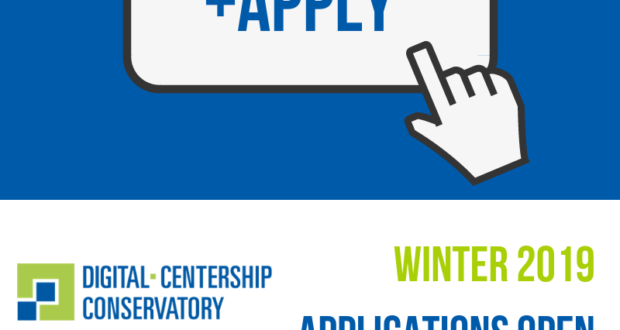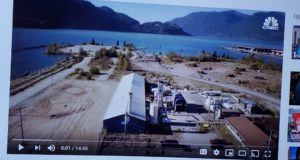Yes, you. The readers of this blog. I have a diverse following of people who read this blog, so just had to share about this new program at USC. To really complete the look, I just need a solid graphic of Uncle Sam pointing at people. However, instead of wasting time on that, let me interview my good friend Amanda Quraishi aka The Q about what the USC Digital Centership Conservatory is all about.
Tell our audience a little about your background, Amanda?
Thanks for asking, David! I’ve been doing two very different things for a couple decades. First, I’ve worked in digital and social media since 2008, primarily with nonprofit organizations. Second, I’ve been an interfaith activist working to bring people together across differences and teaching the value of pluralism. These two parts of my life have become increasingly intertwined over the last five years, and I now find myself in a position where I’m teaching people to communicate around religious, political and personal conflict in digital spaces.
So what made you think of this idea? What drove you to start this?
I’ve become increasingly concerned about the way digital culture has been impacting our society. Digital culture turned unbelievably toxic around the last national election, but much of the polarization and dehumanization had been building long before 2016. For a few years I’ve been thinking about how to use our digital spaces for good, and I came to the conclusion that we need a new kind of leadership for online spaces. I developed this concept of ‘centership’ – which is basically ‘leading from the center’ – to balance the influencer tactics that are responsible for a lot of the conflict we see online today.
What’s the overall Objective of the program? What does success look like?
My ultimate goal is to have a network of diverse folks around the country using the same foundational principles for online leadership, impacting digital culture from all angles. I don’t believe this work should only be done by certain people holding special positions. We need educators, entrepreneurs, clergy, activists and artists all modeling what it means to have healthy online conversations on all manner of subjects. Success looks like more people engaging thoughtfully online because we’ve created spaces where difficult conversations — the ones that are impacting us as a society — can happen in a healthy, productive way.
What’s the biggest challenge this program will face? And, of course, how can my audience help?
Right now we’ve run a successful pilot and we’re recruiting for our first official cohort. DCC is an experimental program and it will require time to build the momentum we need to build a movement. Our biggest challenge is raising awareness about the program and helping people understand what we’re trying to do, and why we need them to be part of it. I hope your audience will consider looking into the program and applying. Learn more here: https://crcc.usc.edu/
 501derful.org
501derful.org





I think this is among the most vital info for me.
And i’m glad reading your article. But should remark on few
general things, The site style is ideal, the articles is really great :
D. Good job, cheers